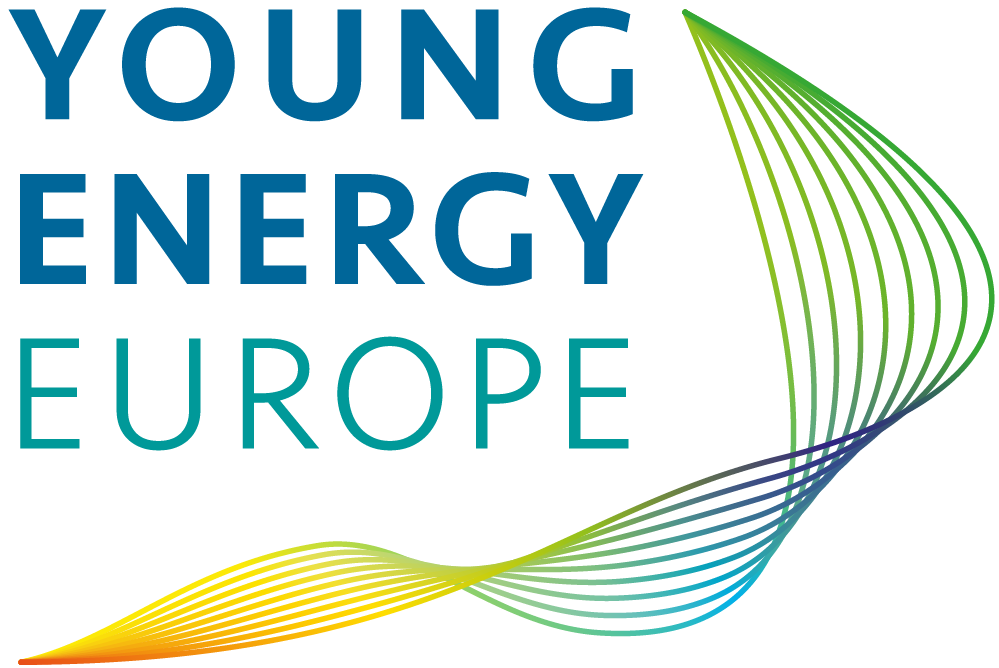The Budapest Waterworks Budapesti Vízművek Zrt., a municipal company of the Hungarian capital, is currently supplying around 2 million people with clean drinking water.
The Energy Scouts and engineers Evelin Németh and István László monitor the operational business and complex interaction of the pumps, water reservoirs and the consumers water demand throughout the city. The primary goal of the waterworks is to cover 100% of the daily demand for clean drinking water – at the lowest possible energy costs. The requirements for suppliers regarding water quality and reliability of water supply, even in exceptional climatic situations, are very high. The company is regularly audited and certified according to ISO standards, including environmental and energy management. At the same time, the company strives to fundamentally reduce external energy purchases by using its own renewable energy sources.
Covering electricity consumption during the day with photovoltaics
The current practice is to keep the reservoirs as low as possible during the day and pump more water into the distribution network during periods of high consumption. This leads to a balanced supply rate and the water level in the reservoirs is largely determined by consumption. In the practical project, the Energy Scouts analysed the situation and consequently suggested the use of already existing but little-used drinking water reservoirs as energy storage. Water consumption always means energy consumption, as the amount of water has to be “pumped” in the system.
The practical project proposes the installation of a photovoltaic system. But the energy produced is not stored by a rechargeable battery, as is usually the case, but by a water reservoir that is hardly used. The plan was to cover the hourly water demand on the energy side with photovoltaic systems. The core of the project is to maximise the water supply during sunny hours and reduce it outside this period so that the total daily supply does not change. The company has large enough areas for a PV system and its own 10 kV interconnected grid, where the generated energy can be absorbed and routed to the pumps, at no extra cost.
Through the self-produced electricity, the annual electricity consumption is reduced by 1,980 MWh with a reduction in CO2 emissions of 415.8 t CO2 per year. The payback period was 5.4 years in the first calculation, but since electricity prices rose at the beginning of 2022, the investment is already profitable after 4.5 years.
The Energy Scouts Evelin Németh and István László won the competition for the best practical project and thus became the Hungarian Energy Scouts of 2021.
Photovoltaics
Pumps
Energy Management
- Industry sector: Energy and utilities
- Energy source: electrical energy (switch to photovoltaics)
- Energy saving potential: 1,980 MWh/a
- CO2 saving potential: 416 t/a
- Payback period: 4.5 years
- Company:
Fővárosi Vízművek Zrt.
1138 Váci út 182.
Budapest
Hungary
https://www.vizmuvek.hu/




